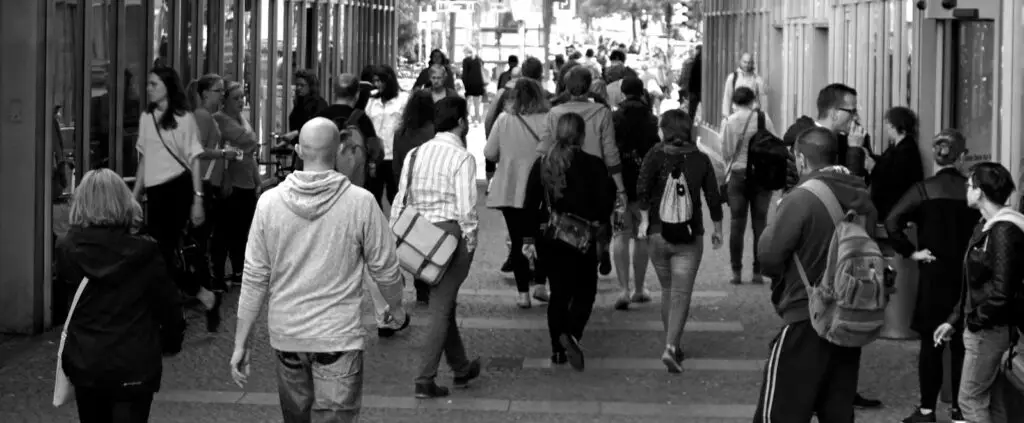The Importance of Research
Building Strong Foundations
Research is the backbone of every project. Without it, stories lack depth, messages lose credibility, and impact is limited. A strong foundation of research ensures that our work is accurate, meaningful, and effective in driving real change.
Before any project begins, we need to fully understand the issue we are addressing. This means listening to those with lived experience, gathering data, and learning from past work. Research helps us see the bigger picture—what has already been done, what gaps exist, and how our project can make a difference.
A well-researched project gives credibility to the stories we share. It ensures that our exhibitions and campaigns are not just emotional, but also factual and impactful. Research allows us to back up personal stories with data, making them even harder to ignore.
Funders and collaborators need to see that a project is not just a good idea, but a well-planned and well-researched initiative. They need to know that we’ve done the groundwork—spoken to the right people, assessed the need, and planned for real outcomes. Without research, it’s difficult to gain the trust and support needed to bring a project to life.
Every project evolves, and research helps guide its direction. It ensures that we are addressing the right issues in the right way. It allows us to adapt when new information comes to light and ensures that we remain responsive to the needs of the people we aim to support.
Every person who shares their story with us is trusting us to represent them truthfully and respectfully. Research helps us honour that trust by ensuring accuracy, context, and a deeper understanding of the challenges they face.
This is why research is at the heart of everything we do. It transforms ideas into action, strengthens the voices we amplify, and ensures that every project we create has the power to make a real difference.
View our research
Take a survey
The Role of Research
Research in Planning and Development
Research is the foundation of every project we create. Before a project begins, we conduct in-depth research to understand the issue, identify key voices, and assess the potential impact. This involves speaking with people who have lived experience, consulting with experts, and reviewing existing studies, reports, and data.
Thorough research helps us shape each project with accuracy, sensitivity, and purpose. It ensures that the stories we share are not just powerful but also grounded in fact. It also helps us identify gaps—what has been done before, what is missing, and how our work can make a meaningful contribution.
However, research is not just a step in the planning process—it is ongoing. As a project develops, we continue to explore new insights, listen to different perspectives, and refine our approach. This flexibility allows us to respond to emerging issues and ensure that each project remains relevant and impactful.


Ongoing Research: Gathering Data and Stories
Once a project is underway, we actively gather more information to strengthen our work. This might include sending out surveys, conducting interviews, or collecting feedback to gain deeper insights into the subject matter. These methods allow us to capture real stories and experiences, adding depth and authenticity to our exhibitions and campaigns.
Our exhibitions themselves also play a crucial role in research. By engaging with visitors and capturing their reactions, thoughts, and feedback, we gain valuable insight into how people respond to the issues we present. Many exhibitions spark new conversations, leading to ideas for future projects or revealing new areas that need further exploration.
The research we collect is not just for our own use—we share it whenever possible. We understand that research takes time, and by making our findings accessible, we can support others working in the same space. Whether it’s shaping a new project, informing funding applications, or helping other organisations and individuals, we believe that knowledge should be open and shared.
Research is more than just gathering information—it is a tool for education, advocacy, and collaboration. The more we understand, the more we can do to create real change.
Research is more than just gathering information.
It’s about listening, understanding, and using knowledge to drive real change.
Research for Everyone
Take It, Use It, Build on It
We believe that research should be shared, not hidden. If any of our findings, insights, or data can support your work, feel free to use them. Research is most powerful when it leads to action, and by sharing what we’ve learned, we hope to contribute to wider discussions, new projects, and meaningful change.
At the same time, we are always looking to learn more. If you have information that could support one of our projects, ideas, or exhibitions, we would love to hear from you. Whether you have personal insights, research findings, or resources that could help strengthen our work, please get in touch.
Collaboration and shared knowledge are at the heart of what we do. The more we listen, learn, and connect, the greater the impact we can make—together.
our research
our Surveys
Get in Touch
If you would like to work with us in any way or simply have a chat, please get in touch. We’d love to hear from you.